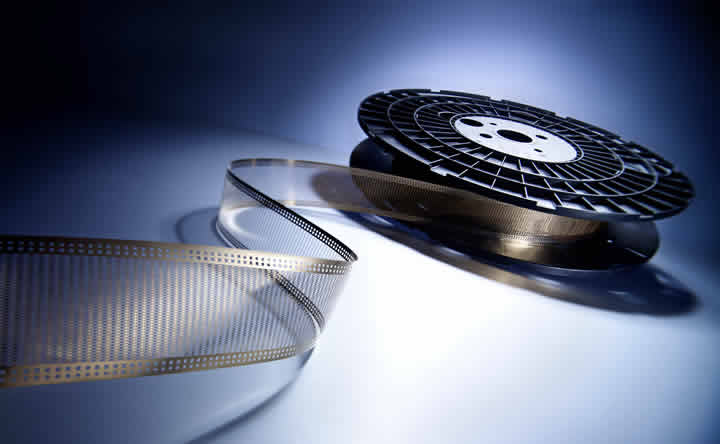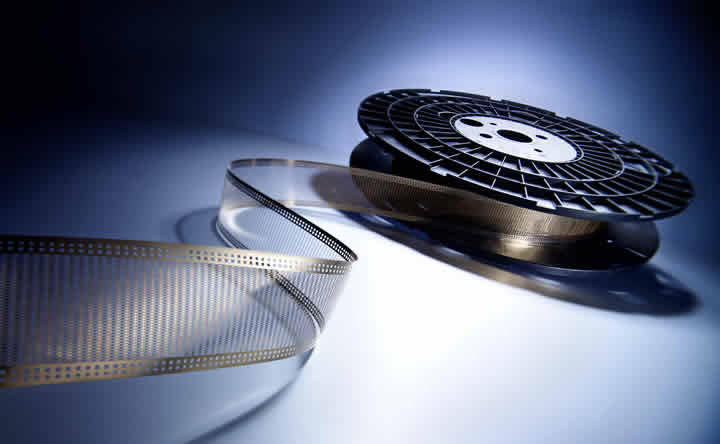How Miniaturisation is Reshaping Product Development
Products are shrinking, yet their functionality and complexity are growing exponentially. This shift is rewriting the rules of design, engineering, and manufacturing.
WHY PHOTO-CHEMICAL ETCHING IS BECOMING CRITICAL FOR HIGH-PRECISION INDUSTRIES
As industries continue to innovate, the demand for high-precision components grows exponentially. Medical devices require intricate surgical instruments and implants that must meet stringent safety standards.
FUTURE-PROOFING MANUFACTURING WITH PHOTO CHEMICAL ETCHING
Photo-chemical etching (PCE) is proving to be more than just a manufacturing process, and instead is seen as an enabler of innovation and a vital tool for future-proofing.
PHOTO CHEMICAL ETCHING: REVOLUTIONIZING ELECTRIC VEHICLE COMPONENT PRODUCTION FOR CLIMATE CHANGE MITIGATION
PCE, also known as chemical milling or photo etching, is a subtractive manufacturing process that utilizes a combination of light-sensitive photoresist, chemicals, and precision etching to produce intricate components with high accuracy and repeatability.
Records 1 to 4 of 4
Featured Product

FLIR Si1-LD - Industrial Acoustic Imaging Camera for Compressed Air Leak Detection
The FLIR Si1-LD is an easy-to-use acoustic imaging camera for locating and quantifying pressurized leaks in compressed air systems. This lightweight, one-handed camera is designed to help maintenance, manufacturing, and engineering professionals identify air leaks faster than with traditional methods. Built with a carefully constructed array of MEMS microphones for high sensitivity, the Si1-LD produces a precise acoustic image that visually displays ultrasonic information, even in loud, industrial environments. The acoustic image is overlaid in real time on a digital image, allowing you to accurately pinpoint the source of the sound, with onboard analytics which quantify the losses being incurred. The Si1-LD features a plugin that enables you to import acoustic images to FLIR Thermal Studio suite for offline editing, analysis, and advanced report creation. Field analysis and reporting can also be done using the FLIR Acoustic Camera Viewer cloud service. Transferring of images can be managed via memory stick or USB data cable. Through a regular maintenance routine, the FLIR Si1-LD can help facilities reduce their environmental impact and save money on utility bills.
Manufacturing and Automation - Featured Company

FAULHABER MICROMO
Since 1961, FAULHABER MICROMO has partnered with OEMs to deliver high precision, high performance, custom micro motion system solutions to markets such as medical, robotics and automation in North America. FAULHABER MICROMO's tradition of innovation started decades ago in Germany. The groundbreaking invention of the FAULHABER coreless winding started it all for a market that produces millions of motors today.
How can the FAULHABER MICROMO team help you deliver your next innovation to market first?
Learn more about MICROMO's solutions for the most demanding applications, our diverse motion products and technologies, online ordering, Engineering and R&D teams, Clean Room Assembly, Machining Center and other services at our Clearwater, FL facility at www.micromo.com.




